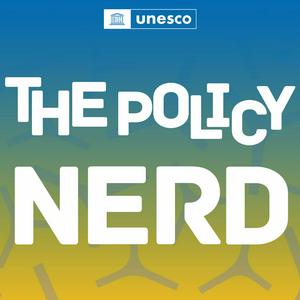Juliet Schor, professor at Boston College, bestselling author and global advocate for worktime redesign, returns to the podcast following the 2023 episode. She now brings new insights from expanded large-scale trials in reducing the workweek from five to four days, with no pay cuts. Since we last spoke, these trials have grown significantly in both scale and scope, covering more than 245 organisations across 11 countries. The findings show remarkable consistency: around 90% of participating companies remain on the four-day week after one year, with employees reporting improvements across 20 well-being indicators and employers seeing no loss in productivity. While the four-day workweek may feel novel, it is not the first time working hours have been reduced. The shift from six to five days in the 1920s offers a clear historical precedent and important lessons for today. The four-day movement is now attracting a broad coalition, from governments and unions to environmental organisations, women’s groups and disability advocates, each seeing tangible benefits in shorter workweeks. Yet the at-scale adoption of the four-day week is bound to have ripple effects across other sectors, including education, the care economy, social protection and the environment – effects that remain to be fully understood. Are we ready for those? Find out more in her conversation with UNESCO’s Iulia Sevciuc.
The facts, ideas and opinions expressed in these podcasts are those of the authors; they are not necessarily those of UNESCO or any of its partners and stakeholders and do not commit nor imply any responsibility thereof. The designations employed and the presentation of material throughout these episodes do not imply the expression of any opinion whatsoever on the part of UNESCO concerning the legal status of any country, territory, city or area or of its authorities, or concerning the delimitation of its frontiers or boundaries.
Hosted on Ausha. See ausha.co/privacy-policy for more information.


